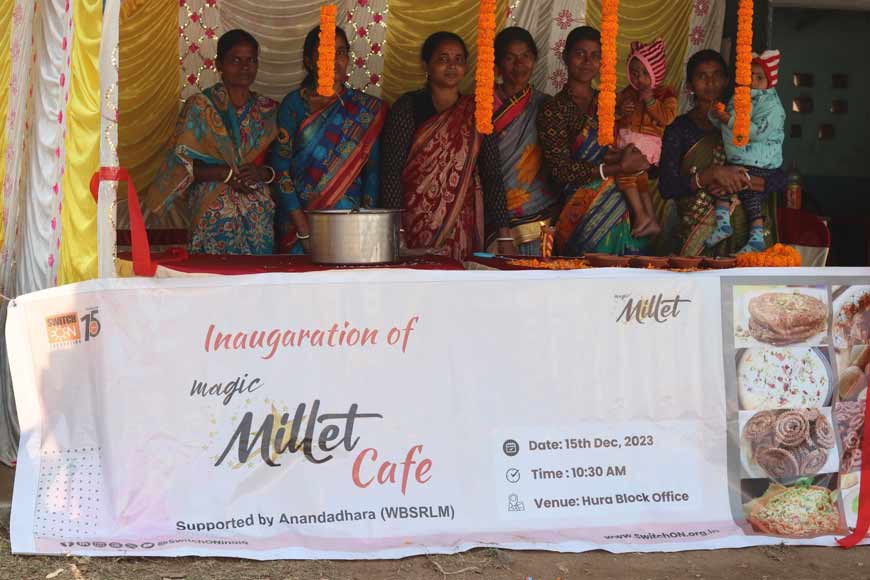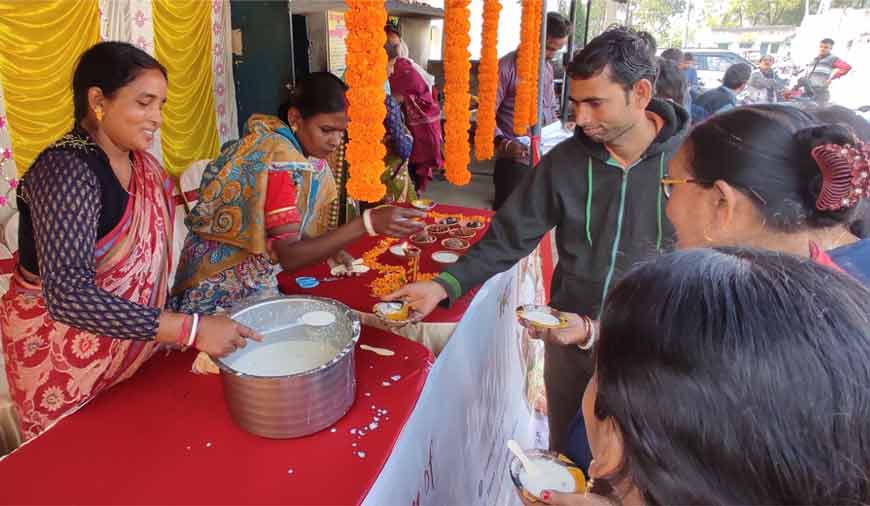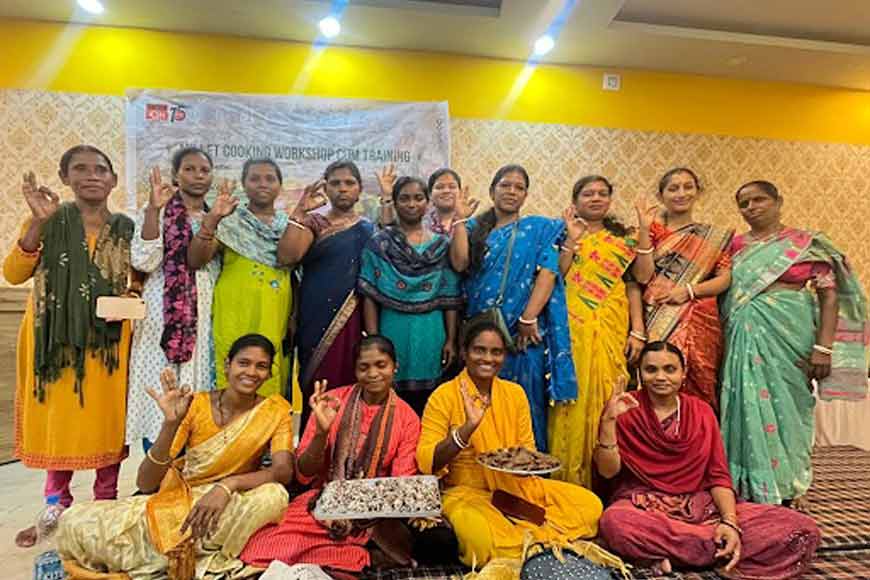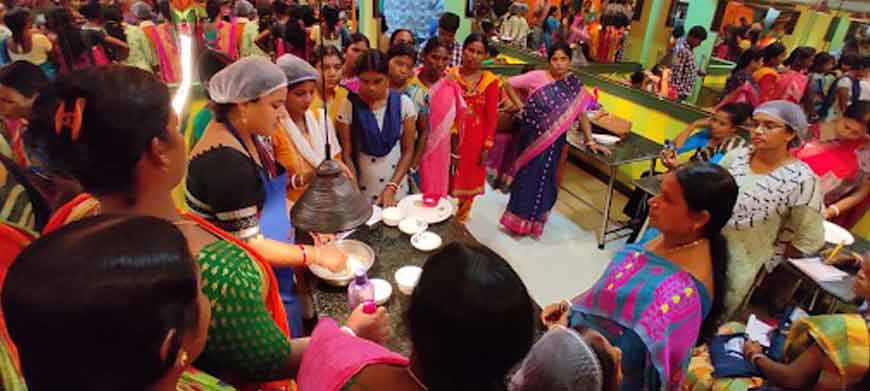Millet cultivation in Bengal – GetBengal story

Millets, once overshadowed by rice and wheat in West Bengal, are now gaining momentum thanks to the efforts of the Switch On Foundation. Led by Vinay Jaju, the foundation is working tirelessly to revive millet cultivation in the region and promote it as a healthy alternative cereal. While Bengal has traditionally focused on rice cultivation, efforts to popularise millets are yielding promising results.
Compared to Western India, Bengal produces very little millet, primarily due to the dominance of rice in the Bengali diet and extensive paddy cultivation in the state. However, the Switch On Foundation's initiatives are changing this narrative. The foundation is focused on reviving millet cultivation and supporting women farmers by providing them with materials, training, and access to markets.

In an interview with the MD of the foundation, Vinay Jaju, spoke about the market of millets in Bengal. When asked by GB, he said: “While the cultivation was nothing much compared to the western part of India, after 2023, there has been some boost. 2023 being a millet year has helped people know about millets.”
Such awareness programmes have increased demand for millets and a promising market is opening up for this dying cereal crop. The foundation's efforts have led to a surge in demand, with schools and organisations considering millets for midday meals, further boosting cultivation.
Also read : A fruit from Mexico is changing lives in Bengal
Nutritionally, millets offer several advantages over rice and wheat. Unlike rice, which loses much of its nutritional value during processing, millets retain a rich array of vitamins and minerals, including calcium and potassium. Millets are also easier to cultivate and more resilient to varied climatic conditions, making them a sustainable choice for farmers. “This is all scientific data.” Vinay Jaju confirmed, “the real challenge is cultivation in varied climatic conditions.”
Established in 2008, the Switch On Foundation initially focused on climate change mitigation and empowering marginalised communities. Inspired by his mother's introduction of millets into his diet, Jaju spearheaded the foundation's millet initiative in West Bengal, targeting regions like Bankura and Purulia with suitable weather conditions for millet cultivation.

In this revival of millet cultivation, women are playing a pivotal role. They are encouraged to cultivate millets for their livelihood and as means to provide for their families. This is where Switch On Foundation steps in. This process of providing support has been broken down in four simple steps. The first step is to provide them with seeds and inputs to start the cultivation. The second step is to provide them with training on how to cultivate the crops. The third step comes after harvest, where the farmers are taught about processing their yield and packaging and grading it. The last step is to connect them with appropriate markets. “We call this the STTM model,” Jaju added. The S stands for Seeds and Input, T for training, T for technology and M for markets.
When asked about the response to millet cultivation, Vinay Jaju described the women farmers of Bengal as enthusiastic learners. Switch On Foundation works primarily with tribal women, who are often more active in farming and play crucial roles as caregivers and providers for their families. “They are also sensitive about nutrition,” he added.

The foundation also holds workshops to teach these women on how to cook millets since it is a very different process than boiling rice or using wheat to make rotis. “Making millet rotis is different from regular rotis,” Jaju explained. Since millets have only recently been revived, the women are taught how to cook different meals with millets. It takes time to work with millets but once they are familiar with it, they are able to provide more nutrition for their families. The teaching-learning process is made interesting by hosting many cooking competitions that provides the rural women a little respite from serious work.
Vinay Jaju and the Switch On Foundation exemplify how small initiatives can bring about significant change. By supporting tribal women in millet cultivation, the foundation is not only improving livelihoods but also promoting a healthier, more sustainable food culture in Bengal.










